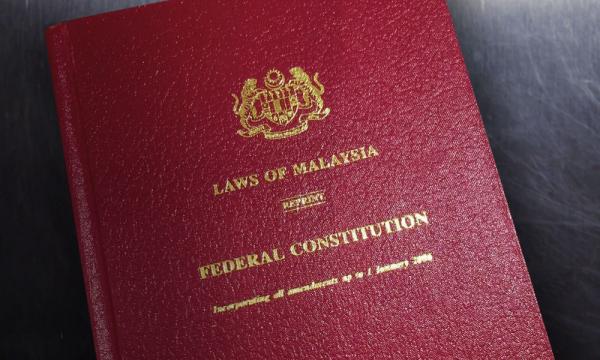LETTER | I read with interest the Malaysiakini report Why the rush over Rome Statute, asks Pasir Gudang MP.
Pasir Gudang MP Hassan Karim should be lauded not only for lauding the signing of the Rome Statute but for a timely reminder that “Malaysia is […] a constitutional monarchy and the institution of the rulers also needS to be respected and consulted before any international law that binds the government is signed.”
Lest it be forgotten, there is in place what has been termed as the constitutional procedure of consultation in the Federal Constitution.
There are various provisions in the constitution that impose a procedure requiring the executive to consult with the Conference of Rulers. These relate to the appointment of persons to institutions created by the constitution such as the judiciary, the Public Services Commission, the Election Commission, the Police Commission and the Education Commission.
The Conference of Rulers itself is a creation of the Federal Constitution but one that “was not meant to be merely perfunctory and ceremonial in nature […] it is a key constitutional body that was purposefully established by the framers of the constitution as an additional facet to the three basic branches of government. The Conference of Rulers was intended to be an additional constitutional auditor.” (See Choo Chin Thye and Lucy Chang Ngee Weng, “Constitutional Procedure of Consultation in Malaysia’s Federal System” [2005] 4 MLJ xii at xvii)
Indeed, the Conference of Rulers has been invested by the constitution with a unique and advisory rule. Under Article 38(2), it may deliberate on questions of national policy (for example, changes in immigration policy) and any other matter that it thinks fit.
Arguably, acceding to the Rome Statute is a matter of national policy or at least a matter which the Conference of Rulers should think fit to deliberate. It should be able to ask the government to supply information before the latter embarks on a decision.
According to Prof Shad Faruqi, such scrutiny by the Conference of Rulers “can supply some checks and balances and promote some openness and transparency.
This is similar to the role of the constitutional monarch in the UK who is known to possess the power to advise, caution and warn.” (See Shad Saleem Faruqi, Document of Destiny – The Constitution of the Federation of Malaysia, 2018 at 426)
It is no wonder that it has been repeatedly said that Malaysia is unique. The various institutions created by the Federal Constitution exist harmoniously and without internal contradiction. Part of it is because there is in place a constitutional procedure of consultation.
The views expressed here are those of the author/contributor and do not necessarily represent the views of Malaysiakini.


